The Ins and Outs of Buying and Selling Cars
Entering the realm of car transactions can often seem overwhelming, given the numerous factors that must be considered to ensure a hassle-free experience. Whether you’re buying or selling a car, understanding the market dynamics is essential. Start by researching current market trends and average prices for the make and model you’re interested in. Utilize resources like the Kelley Blue Book or Edmunds to gather accurate valuations that will inform your budget and price expectations.
Setting a budget is a crucial step in any car transaction. Assess your financial situation, taking into account not only the purchase price but also additional expenses such as taxes, registration fees, and potential maintenance costs. For those considering financing, it’s advisable to secure pre-approval for a loan to better understand your borrowing capacity and interest rates. This preparation can significantly streamline the purchasing process.
Next, explore different platforms for buying or selling your car. Dealerships, while often offering certified pre-owned options and financing assistance, typically command higher prices. Private sellers might offer better deals, but transactions may lack the guarantees provided by dealerships. Online marketplaces such as AutoTrader and CarGurus bridge the gap, offering a plethora of choices and facilitating easy comparisons.
When buying a used vehicle, conducting a thorough inspection is indispensable. Enlist the help of a trusted mechanic if necessary to examine the car’s condition and uncover any hidden faults. Additionally, obtaining a vehicle history report from services like Carfax can provide insights into past accidents, ownership history, and maintenance records, thereby helping you make an informed decision.
Negotiation is a vital skill in car transactions. Approach negotiations with a clear understanding of your budget and the car’s value. Be ready to walk away if the deal doesn’t meet your criteria. Sellers too should be prepared to negotiate, setting a realistic price based on market research and the vehicle’s condition.
For sellers, preparing your car for sale can maximize its appeal and value. Undertaking minor repairs, cleaning the car thoroughly, and gathering all relevant documents such as service records can make your vehicle more attractive to potential buyers. Creating an effective listing with high-quality photos and a detailed description is also crucial in capturing buyer interest.
Finally, closing the transaction securely and legally is paramount. For buyers, ensure that you receive all necessary paperwork, including the bill of sale and title transfer. Sellers should verify payment before handing over the keys and provide all required documentation. Utilizing escrow services can add an extra layer of security to the transaction.
Comprehensive Guide to Car Loan Financing, Consignment, COE Renewal, Accident Claims, and Car Insurance Solutions
Navigating the financial and legal aspects of car ownership requires a thorough understanding of various elements such as car loan financing, consignment, COE renewal, accident claims, and car insurance solutions. Each component plays an integral role in ensuring a smooth and hassle-free ownership experience.
Car Loan Financing: The foundation of purchasing a vehicle often begins with securing a car loan. Different types of loans are available, including direct loans from banks and credit unions or dealer financing options. Interest rates and loan terms can vary significantly, so it is crucial to compare offers from multiple lenders. Factors like credit score, loan amount, down payment, and term length influence the interest rates offered. Carefully evaluating these elements will help you choose the most suitable financing option, ensuring manageable monthly payments and overall affordability.
Car Consignment: Car consignment is an alternative to traditional selling, allowing vehicle owners to benefit from professional expertise. Through consignment, your car is placed with a dealer, who handles marketing, negotiations, and sale transactions. This method can yield a higher selling price while saving time and effort. The dealer usually charges a fee or a percentage of the sale price for their services.
COE Renewal: In certain regions, the Certificate of Entitlement (COE) is a mandatory requirement for owning a vehicle. Renewal involves a complex process that includes bidding for a new COE or converting the existing one. The cost is influenced by market demand and can be substantial. Owners must weigh the costs and benefits, considering factors like vehicle age, condition, and future maintenance expenses before deciding on renewal.
Accident Claims: Handling accident claims efficiently is crucial to minimize disruptions and financial strain. Begin by reporting the accident to relevant authorities and your insurance company. Collect necessary documentation such as accident reports, photos, and witness statements. Cooperation with your insurer and following their guidelines will streamline the claims process. Timely repair of your vehicle after receiving approval ensures safety and roadworthiness.
Car Insurance Solutions: Selecting the right car insurance policy is fundamental to protecting your investment. Various coverage types include liability, collision, comprehensive, uninsured motorist, and personal injury protection. Carefully compare insurance policies to understand what each covers and excludes. Tailor your policy based on your vehicle’s value, personal needs, and potential risks. Regularly reviewing and updating your coverage will help maintain adequate protection.





